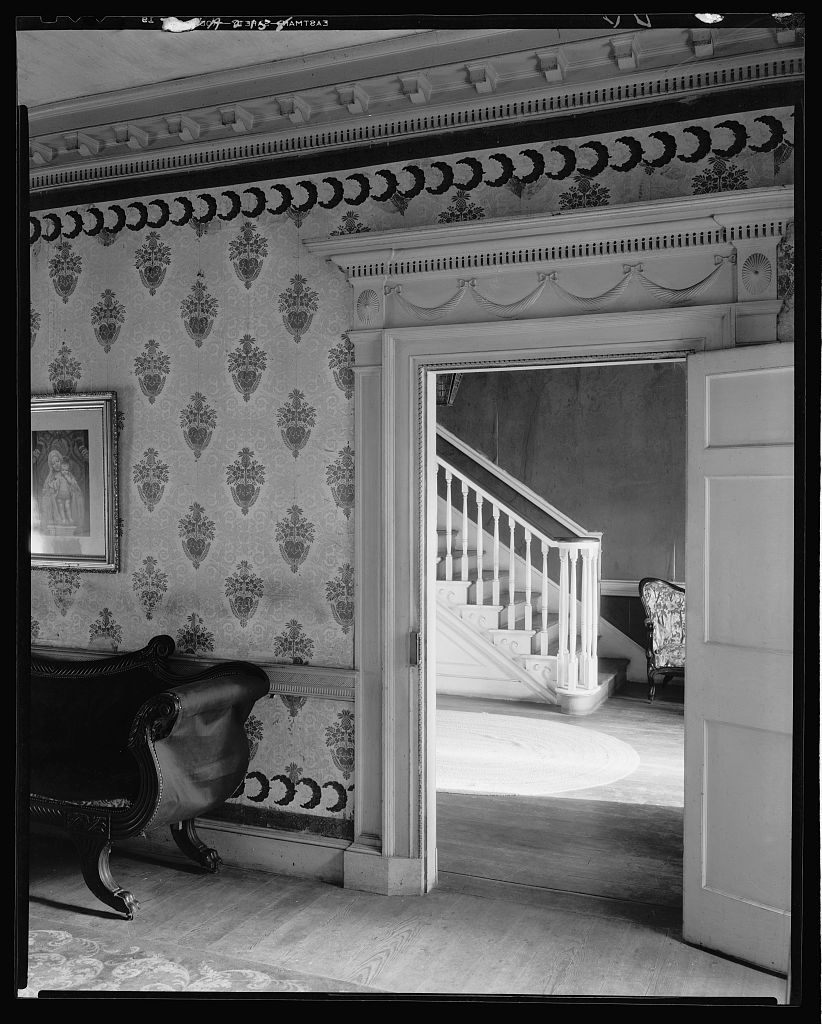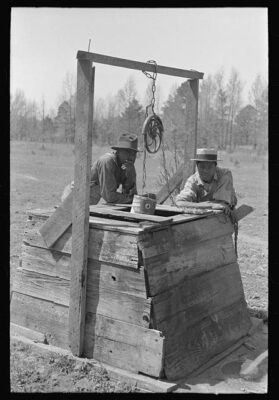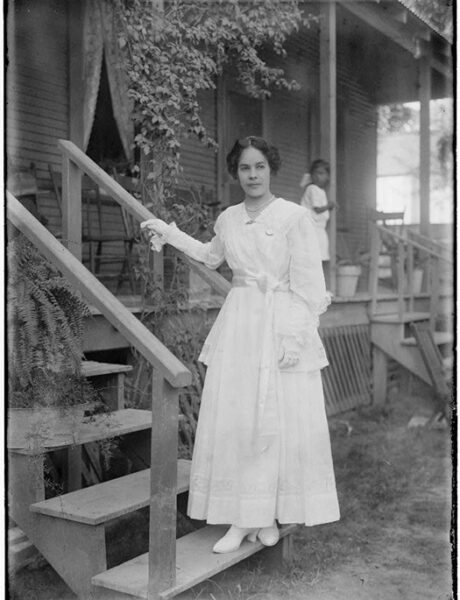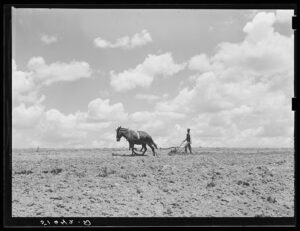SOUTHERN LEGITIMACY STATEMENT I was conceived on a houseboat on the Ashley River in Charleston, South Carolina and was born in Monroe, North Carolina first year of the Baby Boomers. I got my undergraduate degree from the University of North Carolina in Chapel Hill. My kin, Irish immigrants to North and South Carolina, fought for the Confederacy. I drive miles out of my way to eat Lexington Barbeque, and belong to a band of pirates and sailors, Brothers of the Coast, located in Savannah, Georgia. I live in the town of Black Mountain in western North Carolina.
NO NAME HURRICANE
There are (a)bsolutely no
buzzards. The wind killed
all the buzzards.
Ernest Hemingway
You can argue about which was the worst
hurricane. The one that hit the Keys
on Labor Day 1935 was given no name.
It struck above No Name Key,
at the Matecumbe Keys, which means kill men.
The hurricane killed over 400 people, most of them
World War I veterans building a highway
to Key West, men Harry Hopkins, FDR’s lieutenant,
wanted to get out of their Hooverville
box houses in the nation’s capital, men
who were picketing for a war bonus,
aging in hitched up trousers, drinking beer,
eating starch.
Living in a labor camp
on government time
sweating canteen beer
heat taking my breath away
hiding in mangroves
eating Vienna sausages
All for a few dollars
a day to spread crushed
limestone on a roadbed
cross channel
reached down and picked out
a Florida lobster
to go with my beer
never get out of here
drinking beer and drawing
bad cards bitch
in the hole
A train scheduled to come
from Miami to get us
how far do our homemade
barometers have to fall
before the train arrives
High winds and waves slapped
our tents and shacks flat
I held onto railroad ties
until they buckled
surges washed
my ears clean
sand blasted my eyeballs
I nested
in a mangrove
hugged roots dodged railroad ties
splinters sharp as a horse needle
The horizon disappeared
air still as the stars
but a big wave
came again
At daylight I saw bloated
bodies around me
stuck in the mangroves
their clothes blown off
sand crabs plucked eyeballs
ate toes
No buzzards to let out the gas
storm killed them too
I waded back to camp
on the railroad bed
bodies were stacked
some with big timbers
through their shoulders
or a forehead like Frankenstein’s
The National Guard ran me off
at gunpoint I heard they burned
bodies of some veterans
and didn’t know who they were –
no names like the hurricane
that killed them
They had survived
No Mans Land in France
20 years later they’re buried
in a common grave at a place called
Homestead
Flying Nuns (1963)
I had attended Andover, a Massachusetts prep school for two years when
my father persuaded my sister to attend a girls school in the same town.
My parents moved to Andover, bought a house on a cul-de-sac off School
Street. My father met one couple when he pulled a dog off their son.
The mother, Elliott Richardson’s sister. Dad never met the Gillette
heiress next door, but he was on a first name basis with her yardman,
who charged the yard every time a leaf fell.
The nuns in the convent at the end of the street interested Dad the most.
He caught Sister Mary Nan outside and invited the nuns to visit 49 School Street, a nondescript brick rancher. It had a good kitchen where Dad stuffed lobster, baked cod and clams oreganata. The Sisters politely declined, said they weren’t allowed to enter private homes. My father was prepared to get a Papal dispensation when the local Cardinal let them come over. Dad was an oddity to them, a Southerner and a hero after rescuing the neighbor boy. Mom intrigued them because she favored Natalie Wood.
Dad prepared finger sandwiches and tea, not exactly his specialty, and put
a decanter of sherry nearby. (He knew a pitcher of martinis was out
of the question.) The next time Dad invited them over he played his new
cord organ. When he played Sweet Georgia Brown too slowly, my sister chimed Pick up the beat, Dad. He replied God damn it, I’m playing as fast as I can. The Sisters must have been in a forgiving mood. Dad pushed his luck, invited them to fly in his company’s King Air over Andover and the convent. My grandmother, Annie, persuaded them to go. She was the stewardess on the two flights it took to haul all 12 nuns in wimples to the heavens above.
ISABEL ( Monroe, N.C. 1948)
Where’s my boy?
Never been to her house before.
Big kind Isabel would catch
me in her skirts, sweep
harm away. She lived
next to the cemetery
behind the school.
Early fall, lazy light.
Is that my boy?
I cleared the porch and den
weaving between people.
No strong playful Isabel
to run headlong into.
She seemed shrunken
propped up in bed.
There you are child.
Talk floated above me.
She ain’t recognized nobody
but him for weeks.







